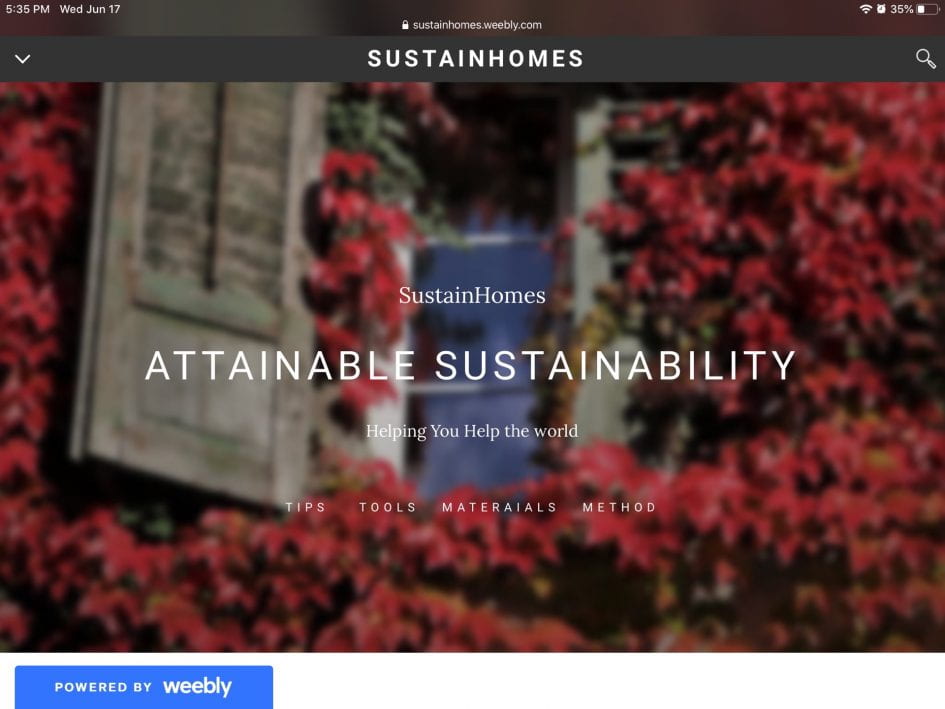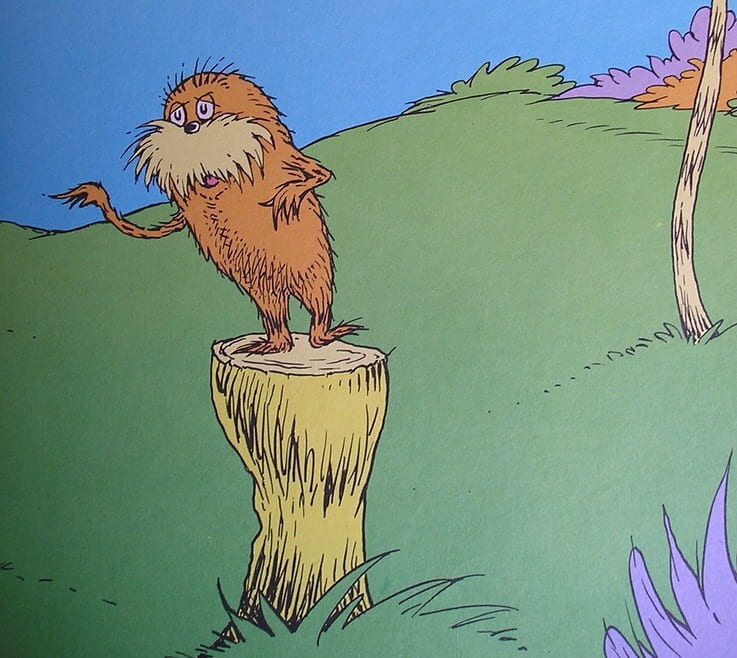Good Morning homeowners, this post is about something that I am very passionate about. Our world.
As we live in this time of hand sanitizer and homemade masks, though it is so very easy to forget, we must still remember the immense environmental footprint we have on the world. I know it’s not easy, I have a big footprint too, but I plan to make my impact less and I hope you do too.
SustainHomes
In order to help with this cause, I made a website based on the UN’s Eleventh sustainability goal, Sustainable Cities. My website is called SustainHomes, and It can show you many different affordable, reliable, and impactful things you can do to make your home sustainable.
Driving Question
While going through this topic, we were asked “Why should we remember the history of environmentalism and sustainability in Canada?”, and my answer is the same throughout all history. We do not learn from our mistakes, we learn from reflecting on our mistakes. How were we to know that clear cutting hurt the environment? When it started it seemed like the forests went on forever. How were they supposed to know that hatcheries eliminate the biodiversity in salmon? They couldn’t have, so nothing could have been different, however now we do know.
In class we were also asked “How do we respond today?”, and the answer is simple. We respond. That’s it. We learn the history, reflect on what happened, and apply it. Speak up, stop clear cutting, use green energy sources, don’t dam every river, have a green roof, only take what you need, and Listen To The LORAX!
What I learned
How do I understand my own and others’ personal connection to texts I read, listen, and view?
Connect
Reading a bigger variety of texts helps me put what I read into context. Cheesy, predictable novels teach me to infer while reading. Classics teach me to connect my life to things a century ago, and help me take my shoes off before putting myself in other’s shoes. Books like the Golden Spruce (which we read during this project), help me to connect my thoughts to multiple sides of the story, and realize that some of the things I do could be very similar to what they did .
How do we decide if the actions and decisions in the past were fair or unjust, or should or should not have been taken?
Ethical Dimensions
Through reading the golden spruce, I realized that the biggest mistake people usually make in a case like this is not listening. The Golden Spruce is a book about the logging industry on Haida Gwalior, around it’s beginnings. At this time, the Settlers saw the forests as an endless resource, and it would have been stupid not to take advantage of that. Had I been there at the time, I probably would have thought the same. However, the Haida peoples saw each tree as having it’s own spirit. As the loggers cut the forests away, the forests were dying, living beings being chopped for profit. The loggers chopped down thousands of trees, but left this one Spruce with a genetic mutation that made it’s needles look golden. The loggers left it because it was beautiful, but it also was a sacred tree to the Haida people. One logger (the main character) saw the hypocrisy in tearing down beautiful forests, but loving one tree and letting the one seem to make up for the thousands. He decided to chop down the golden spruce at night to make a statement, not knowing what it meant to the Haida people. When the tree was discovered that morning, the Haida people felt the loss as the death of a loved one. If they had listened, the loggers would have saved more of the forests, and the Golden Spruce would still be standing.
Thank you for reading, and Please take a moment to go check out SustainHomes




Leave a Reply